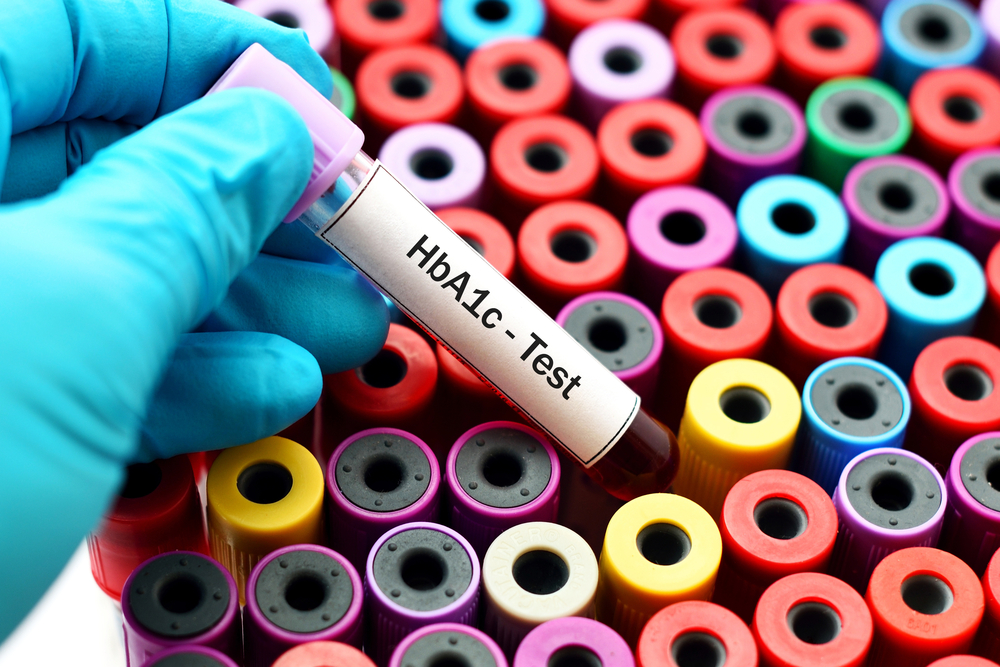Importance of Microalbumin Test (MAU)
Overview
Albumin is a protein used by the body for tissue growth and healing.
Albumin can start leaking into the urine if the kidneys are not working properly.
A microalbumin test checks for small amounts of albumin in the urine as an early indicator of kidney disease.

Who needs a Microalbumin test?
Doctors use microalbumin test to look for small amounts of albumin levels in urine as a result of complications of diabetes or other conditions. The test enables the detection of early signs of kidney damage and kidney disease. The severity of kidney disease is indicated by the level of albumin detected in the urine.
A microalbumin test is recommended for patients who are at increased risk of developing kidney diseases such as patients with
- Type 1 diabetes
- Type 2 diabetes
- High blood pressure
- Age 65 years or older
- Family history of kidney disease

How is the Microalbumin test done?
The microalbumin test is performed with a urine sample.
The urine sample is collected in different ways as below:
- Random sample: A sample of urine is collected at any time of the day. The doctor may also recommend to measure urine creatinine levels to make the test more accurate. Creatinine is a chemical waste product generated during muscle metabolism. An albumin to creatinine ratio is calculated and is a way to estimate the total daily urine albumin level without having to undergo a full 24-hour urine sample.
- Timed urine sample: A sample of urine is collected at a timed interval by the doctor such as first thing in the morning or after a 4-hour period of not urinating.
- 24-hour urine sample: All of the urine is collected in a special container over a 24-hour period.
How to prepare for the Microalbumin test?
There is no special precaution to be taken before taking the Microalbumin Test. Normal food and liquid intake can be taken before the test unless specified by the doctor. Intense exercise can lead to a temporary increase in albumin, hence must be avoided on the morning of the test.
How to interpret the Microalbumin test results?
The results of the microalbumin test (albumin:creatinine ratio) are measured as milligrams (mg) of albumin per gram of creatinine. The results are reported as:
- Less than 30 mg/g is normal
- 30 to 300 mg/g may indicate early kidney disease
- More than 300 mg/g indicates more advanced kidney disease

Which factors may affect Microalbumin test results?
The factors which may affect microalbumin test results are:
- Recent vigorous exercise
- Fever
- Urinary tract infection
- Hematuria
- Certain medications
- Other kidney diseases

Early detection of kidney disease helps to prevent and delay its progression.
The microalbumin test can detect kidney disease early on and help prevent serious complications.
According to the American Diabetes Association and National Kidney Foundation:
- People with type 1 diabetes should get tested starting 5 years after onset of the disease and then annually.
- People with type 2 diabetes should get tested starting at the time of diagnosis and then annually.
- If albumin in the urine is detected, it should be confirmed by retesting twice within a 3-6 month period.
- People with hypertension may be tested at regular intervals, with the frequency determined by the doctor.














